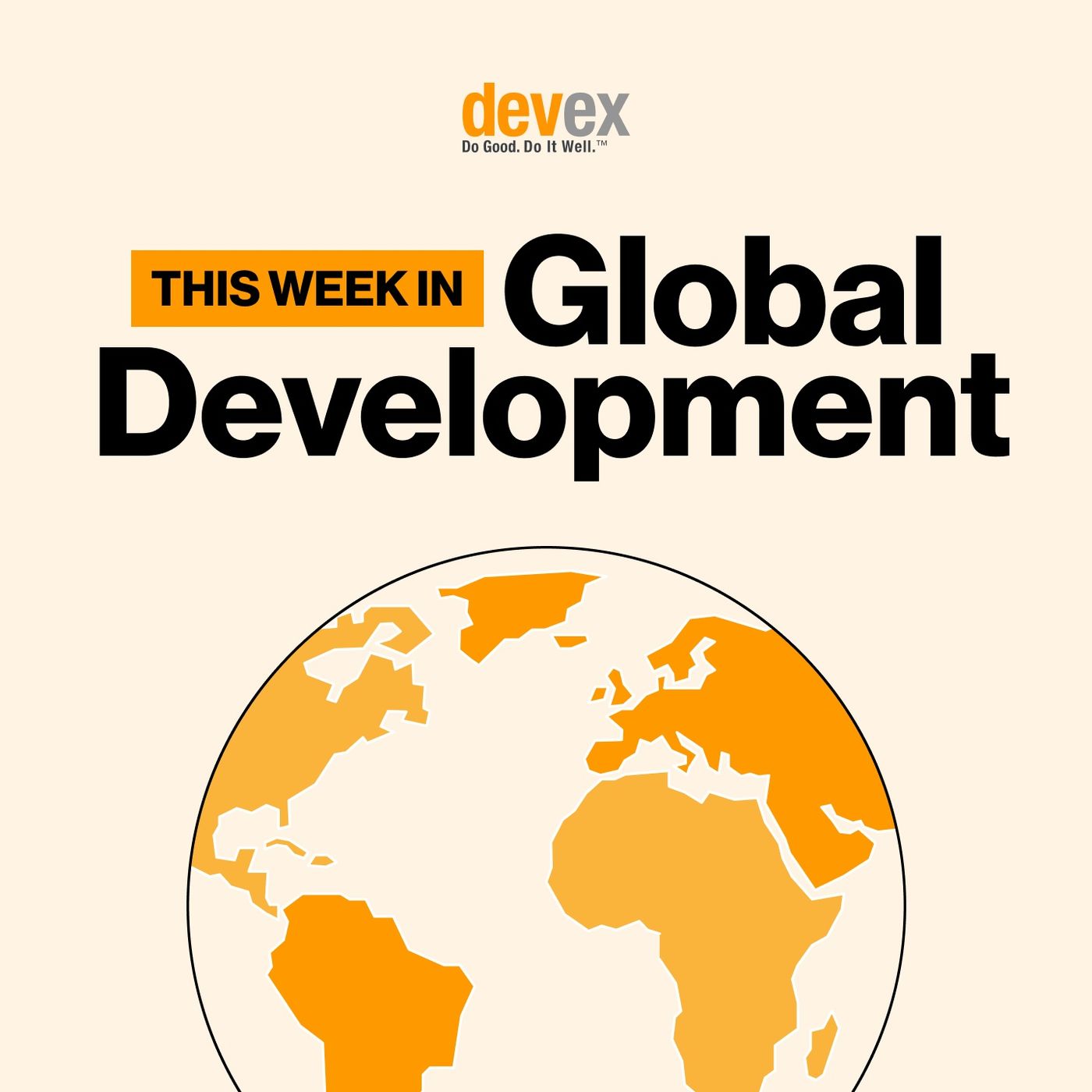Live from Devex World: Scaling up climate finance
Description
On Thursday, Devex hosted its biannual Devex World summit in Washington, D.C. Devex President and Editor-in-Chief Raj Kumar was on hand to interview global development heavy hitters on stage — and also sat down with Climate Investment Funds CEO Tariye Gbadegesin. CIF, founded in 2008, is a $12 billion multilateral climate finance fund.
While all brains were focused on the World Bank annual meetings, they looked ahead to the 29th United Nations Climate Change Conference, or COP29, in Baku, Azerbaijan. “One of the key objectives of the Baku COP is to deliver a [new collective quantified goal, or NCQG], which are basically national quantified goals for how we're going to deliver on climate finance,” Gbadegesin said. “The reality is that there are going to be challenges with raising these large sums of money because budgets are stretched for multiple reasons. Some of it is political, some of it is economic, some of it is security challenges.” The implications for climate funding, she said, are that every dollar has to go further — which is already the mission of CIF’s concessional finance model.
Another key factor, she said, will be bringing in the private sector.
“What we need to do is figure out how to create that capital stack of funding where we are able to get 10-15% from the private sector to come alongside [multilateral development bank] funding, underpinned by concessional finance,” she said. “It's not hard to do on paper or in a financial model, but it's really hard.” Still, it’s possible, she explained — in past years, CIF was brought in to help finance solar and wind projects, she said, but now that’s no longer necessary for those technologies, and she believes that can happen for other new technologies.
Sign up to the Devex Newswire and our other newsletters.
More Episodes
For this special episode of our weekly podcast series recorded at COP29, Devex climate reporter Jesse Chase-Lubitz sits down with Kulthoum Omari-Motsumi from the Africa Adaptation Initiative, Patrick Verkooijen of the Global Center on Adaptation, and Tagaloa Cooper from the South Pacific Regional...
Published 11/16/24
Published 11/16/24
Agriculture is both a driver of climate change, with around 11% of global greenhouse gas emissions coming from direct on farm emissions, and a potential game changer in mitigating it, if carried out sustainably. Yet currently agriculture receives only 4.3% of total mitigation and adaptation...
Published 11/15/24


